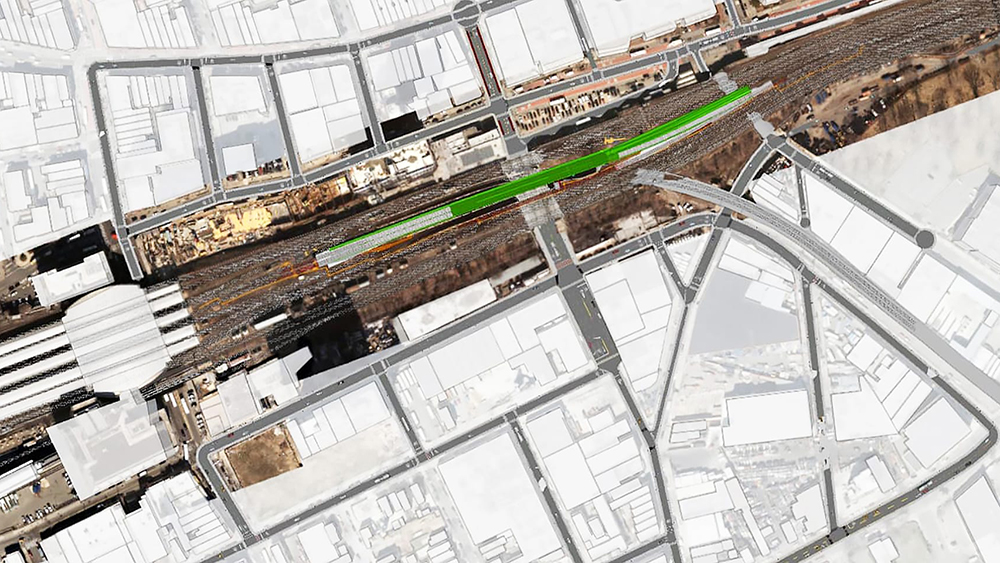
The Geospatial Commission is set to develop a code of practice to improve the findability, accessibility, interoperability and reuse (FAIR) of geospatial data.
The code of practice follows the Commission’s review of published geospatial data to its established FAIR principles.
The Commission found that there “is a wide adoption of FAIR principles to UK geospatial data and overall it is adequate for its current use”, however, it noted that there remain “wider and systemic challenges to improving UK geospatial data, particularly as its volume and demand increases”.
The Commission noted that the UK’s geospatial data is supplied by a range of organisations that were originally established to provide different functions, all operating under distinct governance, policy remits and business models.
This results, it said, in an organisation-centred approach to geospatial data improvement in accordance with individual organisational priorities, where cultures, capabilities and appetites for data improvement can diverge.
Furthermore, international geospatial approaches and standards often inform UK organisational approaches, but are not uniformly adopted and can therefore lead to a “patchwork of preferences and strategies”.
A consistent approach to implementing FAIR principles would help align organisational needs with national (and wider international) strategies as well as industry demand, the Commission added.
The code of practice will build on the “good practice and current approaches identified for the implementation of FAIR data principles and provide an integrated approach to adoption”.
It will be written as an operational practice that can be used by organisations to cover items such as:
- appraising geospatial data the UK needs now and in the future;
- specifying appropriate, quality-centric approaches to making the UK’s geospatial data FAIR;
- benchmarking and assessing improvements in supply; and
- collective and individual approaches to interventions and investments.
The Commission said: “The code of practice will embrace the diversity of the geospatial supply chain and market to ensure that, for UK geospatial data, FAIR is transparently applied with improvements that respond to evidence of demand.
“Delivery will be achieved through organisational adoption and practice, targeted sector-wide projects and consideration of the wider context for data supply. We will publish an update on progress next year.
“The topics covered within the code of practice are fundamental to how geospatial data is supplied in the UK and will require careful consultation and assessment for how they should be taken forward. We will pilot our code of practice among public sector organisations, improving and learning as we progress.”
Don’t miss out on BIM and digital construction news: sign up to receive the BIMplus newsletter.












